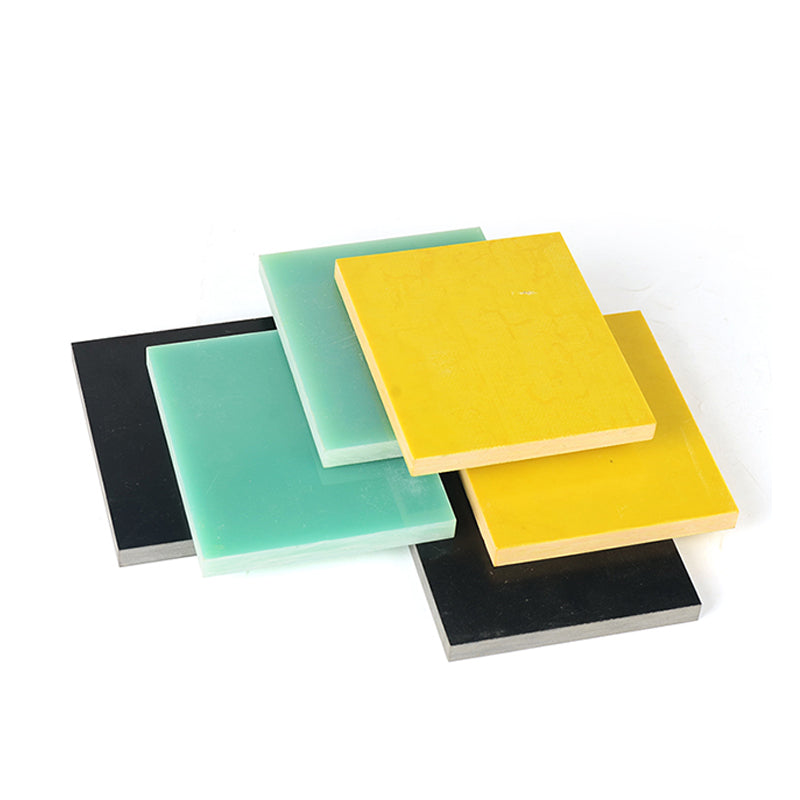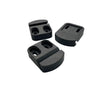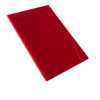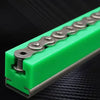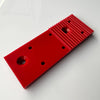CNC Machining vs Injection Molding: How to Choose the Best Process for HDPE Plastic Parts
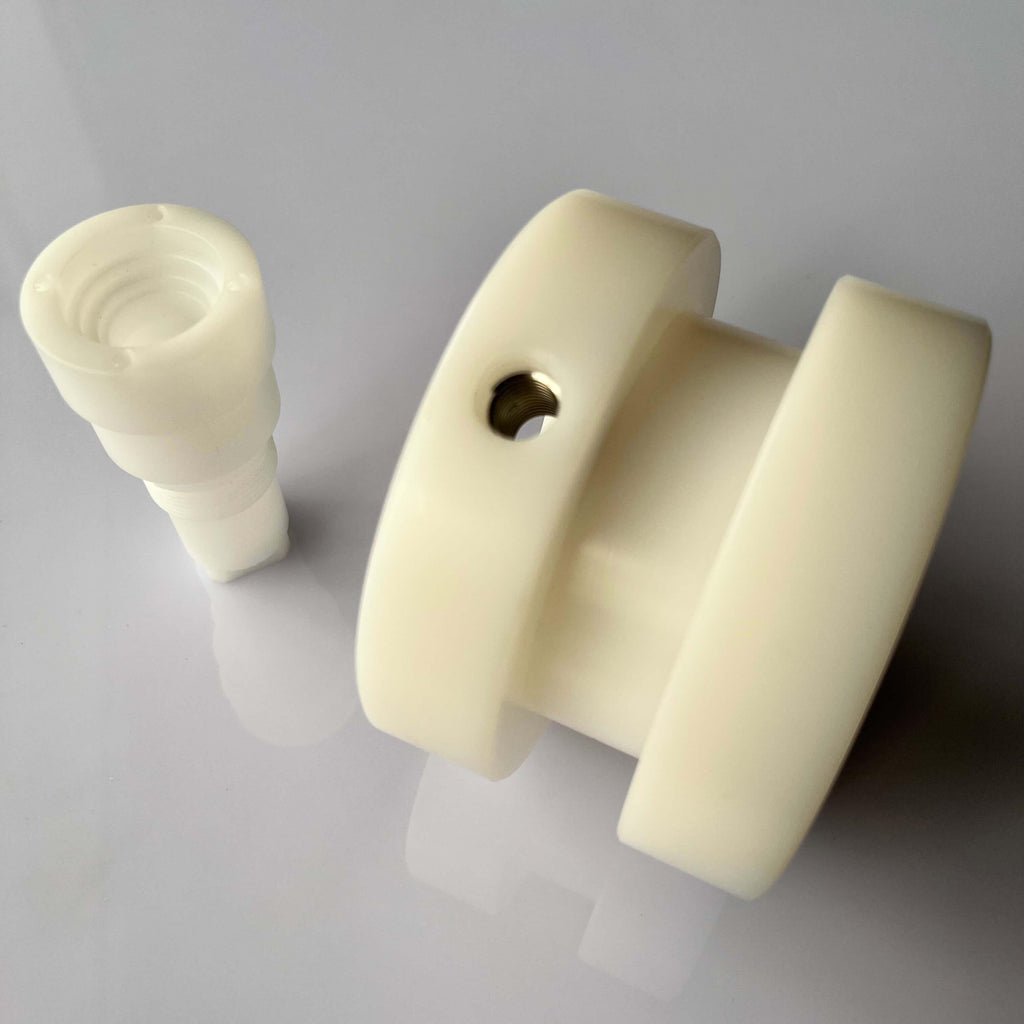
Deciding between CNC machining or injection molding for manufacturing HDPE plastic parts can be difficult. What are the main differences between these two manufacturing processes, and how do you determine which is best for your application? This article will compare and contrast CNC machining and injection molding for HDPE plastic parts. We'll look at factors like part geometry, production quantities, cost considerations, material options and more. With these key differences explained, you'll be able to make an informed decision between CNC machining and injection molding for your HDPE plastic parts manufacturing needs.

Overview of CNC Machining and Injection Molding for HDPE Plastics
First, let's review the basics of each manufacturing process.
CNC machining is a subtractive fabrication process that uses computer numerical control (CNC) to automate and precision cut material away from a solid plastic block. Common CNC machining processes like milling, turning, drilling, and cutting can shape HDPE plastic into complex 3D geometries. It is ideal for rapid prototyping and low volume production.
Injection molding is a formative manufacturing process where molten HDPE plastic is injected under high pressure into a mold cavity. The plastic cools and hardens into the shape of the mold. This process enables high volume production of plastic parts in a wide range of shapes, textures and colors.

Key Differences Between CNC Machining and Injection Molding HDPE
There are several key factors that differ between CNC machining and injection molding processes when working with HDPE plastic:
Manufacturing Method
- CNC machining removes material whereas injection molding shapes and forms material into a mold.
Part Complexity
- CNC machining can manufacture highly complex and intricate plastic parts thanks to the rotational axes on CNC mills. HDPE plastic parts produced via injection molding have more limited geometry based on the mold design.
Production Volumes
- CNC machining is better suited for lower volume production of HDPE plastic parts, while injection molding is ideal for mass production of thousands+ of identical plastic parts.

Detailed Comparison Between CNC Machining and Injection Molding
Let's dive deeper into a comparison of cost, surface finish, speed, accuracy, and material considerations between CNC machining and injection molding for HDPE plastics.
Cost Comparison
The main costs for CNC machining include machine time, HDPE plastic material, and CNC operator or programmer labor. Because there is no mold required, low volume production via CNC machining can be more affordable. High volume production with injection molding becomes more cost effective because the cost is spread over thousands of parts.
Surface Finish
Injection molded HDPE plastic parts generally have a better surface finish than machined parts. The mold cavity has a polished surface finish that gets imparted onto the molded parts. CNC machined parts can have evident tooling marks based on the size of the end mill bit. However, an experienced CNC machinist can obtain a fine surface finish on HDPE if required.
Speed and Lead Time
CNC machining offers faster turnaround as parts can be machined in hours without waiting for production tooling. Injection molding requires 1-12 weeks to design and manufacture the steel mold before production can begin. Once the mold is ready, cycle times to produce each part are very fast.
Accuracy and Tolerances
CNC machining can consistently hold tighter dimensional tolerances of +/- 0.005 inches for HDPE plastic parts. The repeatability of injection molding is reliant on mold precision and HDPE plastic's tendency to shrink and warp. Overall, CNC machining can achieve more precise accuracy and tolerances.
Material Options
Injection molding allows a wider range of plastic materials including various densities of HDPE plastic. CNC machining is limited to rigid thermoplastic stock material available in blocks, sheets or rods. However, CNC machining provides the flexibility to use virgin or recycled HDPE plastic.

Recommendations for Choosing Between CNC Machining and Injection Molding
CNC Machining
- Ideal for low volume production requirements, short runs of 50-500 parts
- Enables rapid prototyping of HDPE plastic parts
- Recommended when part geometry is complex, unique or subject to design changes
- More cost effective than injection molding for small quantities
Injection Molding
- Best process for mass production of 10,000+ identical HDPE plastic parts
- Higher initial costs but lower per-part costs at high quantities
- Tight tolerances and excellent surface finishes possible
- Wide range of HDPE densities and colors available
The optimum process depends on your part geometry, production quantity, lead time, accuracy needs, and budget considerations. Consulting a manufacturing engineer can help determine if CNC machining or injection molding is preferable for a HDPE plastic application.
After reviewing the core differences and factors between CNC machining and injection molding processes for HDPE plastics, you can better select the optimal fabrication method. Both offer their own pros and cons. CNC machining is the faster, lower volume production method with high accuracy, while injection molding enables mass production of HDPE parts with excellent finishes. Consider your specific project requirements like design complexity, order quantities and tolerances needed when deciding between the two manufacturing alternatives for your application.


